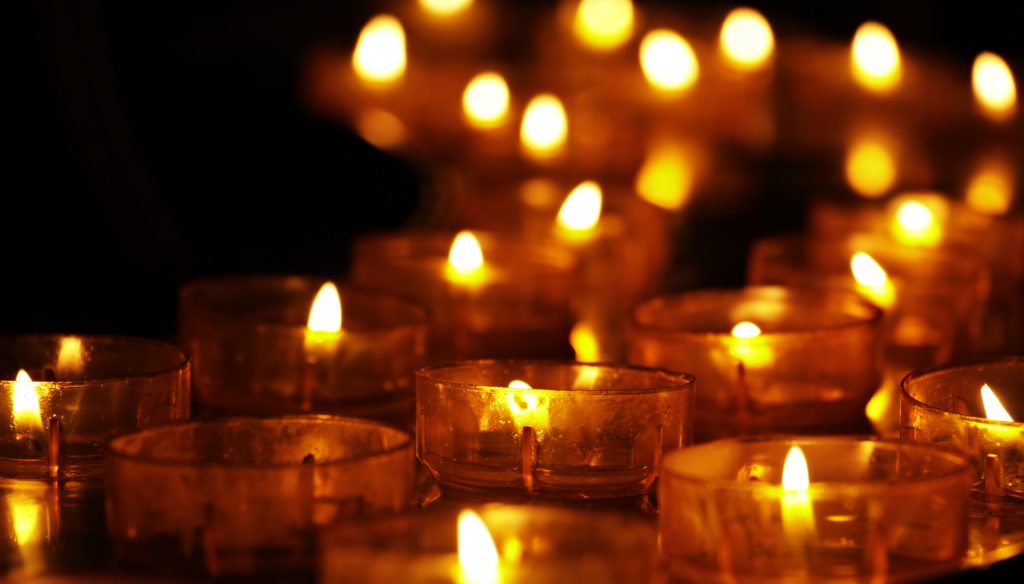
On Monday, May 9th, the International OCD Foundation will host our second annual Faith & OCD Conference! Faith leaders, mental health professionals, and the OCD Community will come together to talk about the impact of scrupulosity, how to recognize when someone is struggling, and ways to support those in the faith community living with OCD.
Last week, Reverend Lauren Buck Medeiros shared her experience attending last year’s Faith & OCD Conference as a protestant school chaplain, shedding light on what other faith leaders can take away for both themselves and their communities. This week, Justin K. Hughes, a licensed professional counselor and clinician, shares his thoughts on the importance of clinicians attending this year’s conference, as well as how mental health professionals can show support for individuals in the faith community living with OCD.
So, if you’re a clinician who is wondering if it’s worth your time to attend, Justin K. Hughes will tell you all you need to know in this interview!
Why is it important for clinicians to recognize how faith and OCD intersect?
Faith and OCD intersect– at the risk of sounding pedantic, answering this question can be done by stating the question. Effective understanding involves that which is important to a person; effective treatment involves working directly with details that are essential in addressing challenges and building upon strengths and beliefs. While some people prefer to keep these things separate in some treatment settings—and sometimes can— research tells us that many people wish to incorporate their faith (when appropriate). Furthermore, many times, faith concerns become closely intertwined with OCD and other things (not the least of which is in the subtype of Scrupulosity).
How do scrupulosity and perception of OCD within faith communities stand in the way of treatment?
Scrupulosity can be very poorly defined and used as a quick label. What do we mean by scrupulosity and OCD? This is the first question to answer, because if there is variance in definitions (what clergy mean, what the average person thinks, and what definitions clinicians use), we may be talking about very different things- and approach them very differently. Once we are working with accurate definitions— and separating out what is a neurobiological disorder from overtly faith concerns— it helps us to all best serve the people we support.
What can other clinicians hope to gain by attending this year’s conference?
Validation and support is to be immediately gained by attending the conference. Just like for sufferers, knowing we are not alone in treating clients goes a long way. Furthermore, experts in the field provide cutting edge considerations to help you with questions and considerations in a way you can implement TODAY! Last of all, clinicians can also get in on the ground level; this is only year 2, and we are learning a lot and finding more and more ways to grow. Join us!
The second annual Faith & OCD Conference will take place virtually on Monday, May 9th, 2022 at 12pm ET for faith leaders, mental health professionals, and the OCD Community. Register to connect with others navigating OCD in diverse faith-based communities.

Leave a Reply